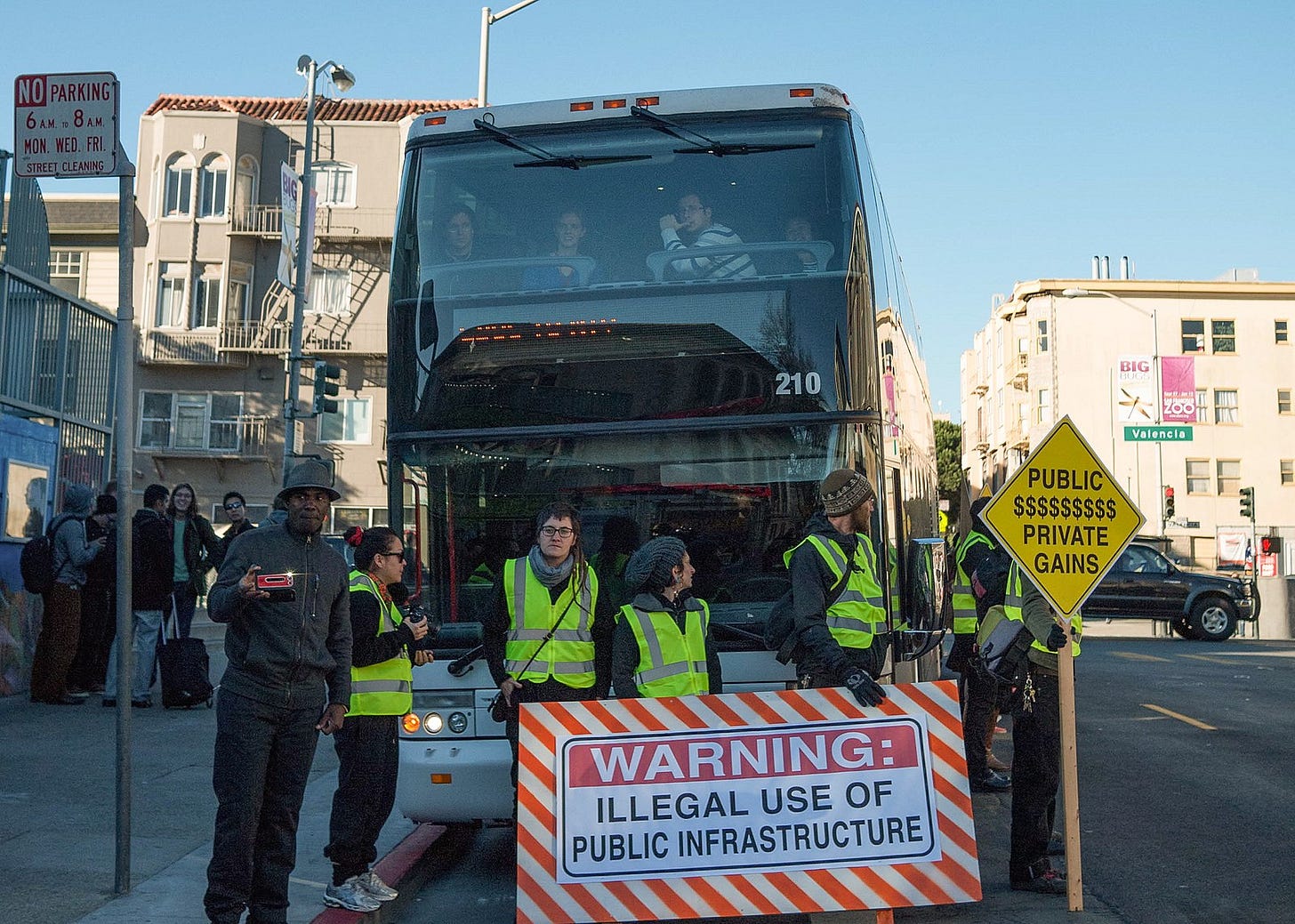Corporate Paternalism in the Age of Coronavirus
Who needs socialism when you can work for Facebook?
A few days ago, as Californians were entering their second week of Coronavirus-induced sheltering in place, Facebook announced that it was donating its emergency reserve of 720,000 masks to health workers. Many people had the same question:


Truthfully, the number of masks isn’t that ridiculous. The Bay Area has recently been plagued by annual wildfires, during which residents don masks to deal with the smoke. Facebook has plans to ultimately house 35,000 employees in its Menlo Park headquarters, so 720,000 masks would give each employee one mask per day for 20 days.
In a sense, N95 masks have just been added to the already long list of tech company perks, an oftentimes extravagant collection of benefits used to attract new college graduates in the competitive tech talent market. Once limited to somewhat silly conveniences, such as free snacks, ping-pong tables, and playground slides in the office, tech company perks have started to encompass goods that would ordinarily be provided by governments and other public institutions.
In hindsight, the infamous “tech busses” were the start of this trend. An article by OneZero pegs their origin to 2004, when Google chartered a bus to ferry employees from San Francisco’s Glen Park neighborhood to Google’s Mountain View Headquarters, an 80-minute, 40-mile commute. Tech bus use has exploded since then; OneZero estimates that 52,000 workers commute to work on tech busses each day.
While tech busses have become an essential way for workers to overcome the Bay Area’s chronic lack of adequate public transit, they are controversial, and have been targeted by protesters continuously since 2013.

Officially, protestors tend to focus on the effect of tech busses on local rents and infrastructure. Perhaps more significantly, the busses provide one of the clearest symbols of Bay Area inequality: while public transit is fragmented and chronically mismanaged, well-paid tech workers have access to a network of plush, private busses that ferry them from their doorsteps to their offices.
Just like the Bay Area’s public transit, the federal government’s response to coronavirus has been criticized as slow and inadequate. In that sense, it’s refreshing to see private companies take the lead, cancelling business travel and encouraging working from home several weeks before state and local governments started issuing shelter-in-place orders.
Facebook has taken their response a step further. As congress debated the prospect of cash payments to every American to cushion virus-related uncertainty, Facebook decided to give each of its employees $1000. More importantly, it is giving every employee an “Exceeds Expectations” performance review, which will certainly translate to bonuses larger than $1000.
One important note here is that these bonuses only apply to Facebook’s full-time employees, whose median compensation is $228,651 and employment will not be jeopardized by the virus. The army of third-party contractors that do Facebook’s less glamorous work, such as cleaning the office, driving tech busses, and moderating its content, are not eligible for these bonuses. Fortunately, these contractors are still getting paid during the virus-induced disruptions.
It is certainly a good thing that large companies are still providing for employees as many small businesses conduct layoffs, especially as the Federal Reserve predicts a 30% unemployment rate in the coming months. But in a broader sense, it seems to be the next major step in tech companies taking on the role of public institutions in the face of perceived and actual government failures.
This is a vindication for the Silicon Valley ideal of founder-led companies with super-voting stock that gives founders complete control of their companies long after the IPO. While airlines are now publicly seeking a federal bailout, months after massive stock buybacks that appealed to investors, large tech companies’ massive cash piles will allow them and their employees to more easily ride out the storm.
Science fiction is filled with stories of private companies eventually supplanting the role of governments on Earth and beyond. Maybe privatized disaster prep is the first step towards the future of corporations colonizing planets.
Footnote: The OneZero article on the history of tech busses is excellent, and definitely makes for a good quarantine read.



